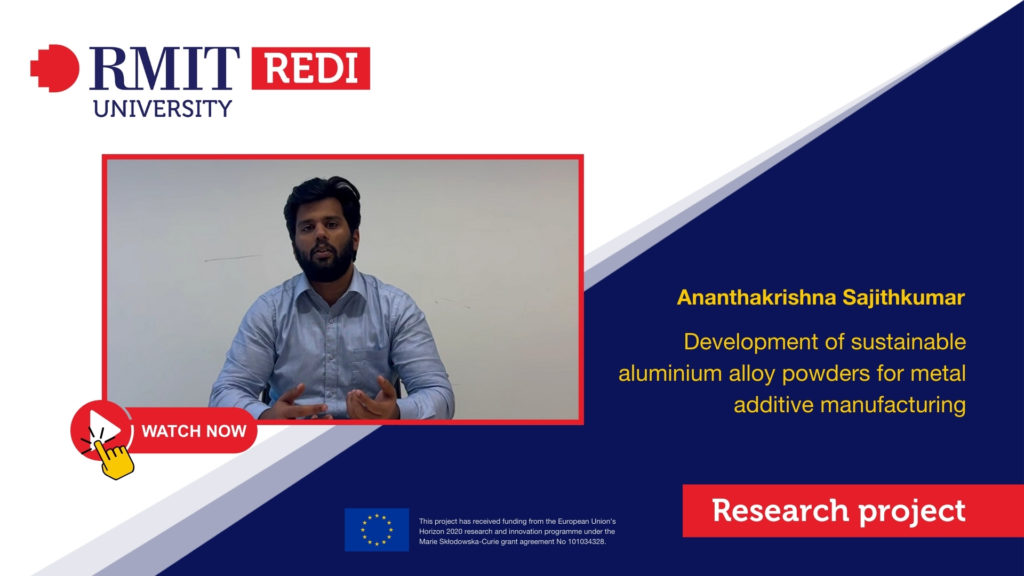This project focuses on developing aluminium alloys optimised for use in metal additive manufacturing (AM) produced via centrifugal atomisation technology. The main challenge it addresses is the prevention of crack formation (hot tearing), a problem that renders certain aluminium alloys unsuitable for AM applications. Through a comprehensive analysis of material chemistry and the careful tuning of process parameters, the initiative aims to utilise centrifugally atomised aluminium alloy powder to overcome this obstacle. The focus is on understanding how modifications in the alloy’s composition and atomisation conditions can lead to more resilient materials suitable for AM.
A critical part of the project involves identifying defects in the powder feedstock and refining the atomisation parameters to ensure high-quality powder production. Experimenting with the addition of iron to the aluminium alloy is a novel approach under study, aimed at evaluating its impact on the alloy’s compatibility with AM processes, particularly direct energy deposition. This aspect is particularly promising for the use of secondary aluminium—which naturally contains iron impurities—as a feasible and more sustainable source of powder. The project’s insights are anticipated to significantly advance the field of metal additive manufacturing by providing viable solutions for producing crack-free, mid-strength, high-performance aluminium alloys.
Watch a video about Ananthakrishna’s project:
